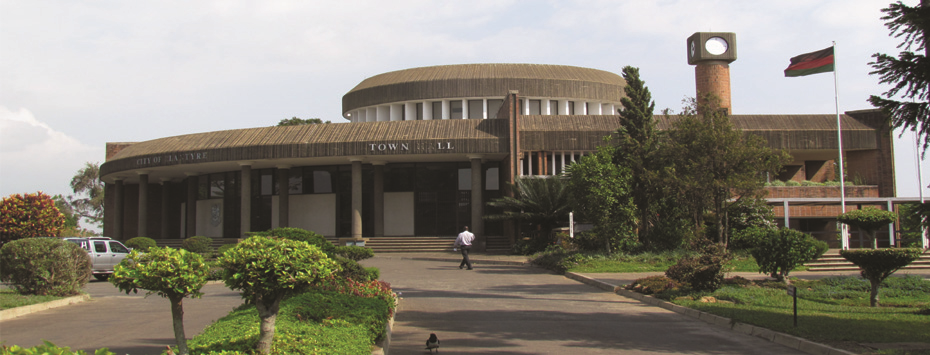Battle for Malawi’s ecological future
January 5, 2024
Written by By Joseph Mkula
In neglect and rebellion against religious literature claims that God gave man the authority to take charge of the earth, the human race has taken the fast lane and is a leading specie in destroying the planet’s ecosystems.
From the moment humans started living in communities and practicing agriculture and trade, the search for “greener pastures” opened their eyes and sharpened their insatiable appetite to exploit the treasures hidden in nature, the vast expanse that sustains their very existence.
The human race speeds into the mountain and valley forests, lakes, rivers, aquifers and their catchment areas ripping apart the network that harmonizes the relationships among plants, animals, air, water and the soil. Food chains are broken and rearranged as the race carelessly exploits biodiversity, abstracting water and converting wildlife habitats into land for agriculture and industry.
In Malawi, where over 90 percent of the population depends on farming for their livelihood, about 30,000–40,000 hectares of forest cover and 80 percent of the country’s total land area are lost to deforestation, agricultural practices, wood and charcoal biomass consumption, overexploitation of natural resources every year.
The development has led to habitat loss, loss of soil fertility due to erosion, surface runoff, flooding, contaminated water, droughts and reduced wetland ecosystem productivity as well as loss of terrestrial, aquatic and avian lives.
Further, sediment in river beds and reservoirs obstructs irrigation canals and hydropower generation, whose capacity has been reduced by 40 percent.
Deforestation, land degradation and climate change are making it more difficult for the country’s water bodies and their catchment areas to support the uncontrolled expanding farmlands and industrial activities, a situation which exposes local populations to vulnerability and worsens episodes of food and water shortages and poverty.
Climate scientists have for some time warned how deforestation, land degradation and climate change threaten livelihoods and the national economy. The seriousness of the ecological crisis demands urgent and coordinated efforts to prevent the situation from getting worse.
A strong multi-sectoral force comprising members from the forestry, water, agriculture, climate, fisheries, mining, tourism, transport, media and other relevant sectors must draw national development practices that streamline biodiversity and ecosystems into sectoral and investment pathways, supported by policy and funding.
Malawi must address challenges such as weak institutional structures, corruption and sheer neglect of duty to enforce existing legal frameworks that protect the country’s biodiversity and ecosystems like the Forestry Act, Water Resources Act, as well as promoting international instruments like the Ramsar Convention, CITES, Convention on the Conservation of Migratory Species of Wild Animals (CMS) among others.
The country also needs to invest in extensive natural resources management education, awareness and communication, especially for the rural communities who are key to the implementation of relevant interventions.
Promoting the preservation and conservation of Malawi’s ecological systems will not only restore the health of water bodies and drinking water, vegetation, soils, wildlife and natural resources products and services, but will also moderate land degradation and stabilize temperatures and rainfall patterns.













